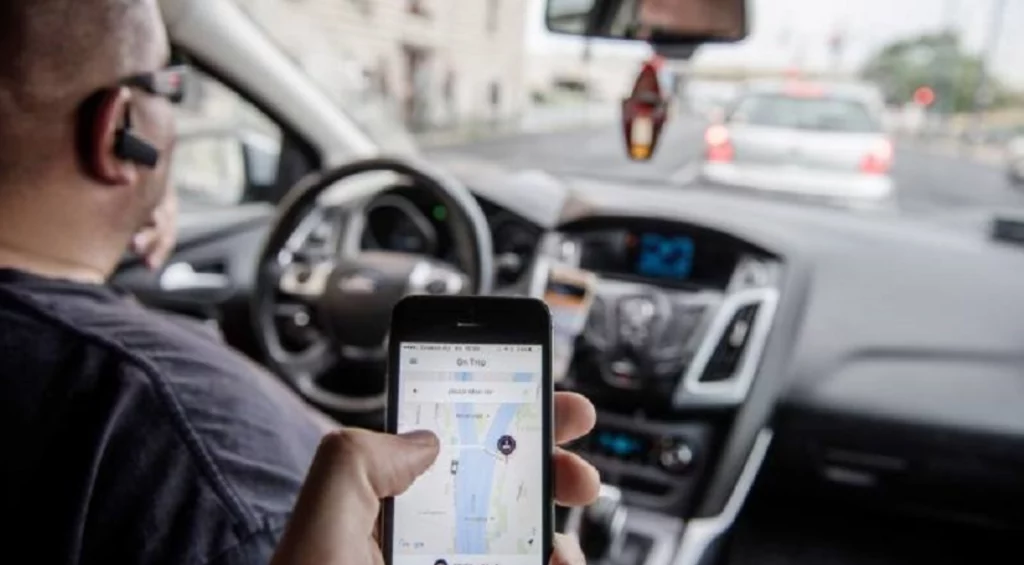
The Lagos State Government has announced its intention to sanction Uber Technologies System Nigeria Ltd. due to non-compliance with an important data-sharing agreement.
The Lagos State Commissioner for Transportation, Oluwaseun Osiyemi, confirmed this in a statement on Friday in Lagos.
Osiyemi explained that the action against Uber was motivated by a resolute commitment to the safety and well-being of the local populace.
Osiyemi expressed strong disappointment with Uber’s persistent non-compliance with essential regulations, especially in terms of crucial Application Programme Interface (API) integration, aimed at improving safety and security.
He highlighted that such defiance was concerning, given the continuous attempts to keep the transportation sector safe and regulated.
Furthermore, Osiyemi stressed the indispensable necessity of API integration, underlining its crucial function in facilitating immediate data sharing, allowing government oversight, and ensuring accountability throughout active journeys.
“This is essential for fostering a secured and regulated transportation ecosystem for the well-being of all Lagos State residents.
“Immediate corrective action is imperative to rectify Uber’s non-compliance with the Data Sharing Agreement and API integration of the state,” he said.
He urged Uber to urgently seek resolution within the established regulatory framework.
He also advised Uber users to take caution as the sanction when in place would equally affect their operations.
In Lagos, the state government’s regulations on ride-hailing services have led to new compliance measures for companies like Uber and Bolt.
This includes the mandatory acquisition of a hackney permit and the Lagos State Drivers’ Institute (LASDRI) card for drivers, reflecting the government’s push for a more regulated transport sector.
Governor Babajide Sanwo-Olu’s administration introduced a licensing fee for these services, aiming to secure a safer and more accountable ride-hailing ecosystem in Lagos.
The financial Implications for ride-hailing companies are significant.
Among others, the e Integration of Application Programme Interface (API) in these vehicles is part of the state’s commitment to leveraging technology for real-time monitoring and improved security, setting a new standard in the transportation landscape of Lagos.








